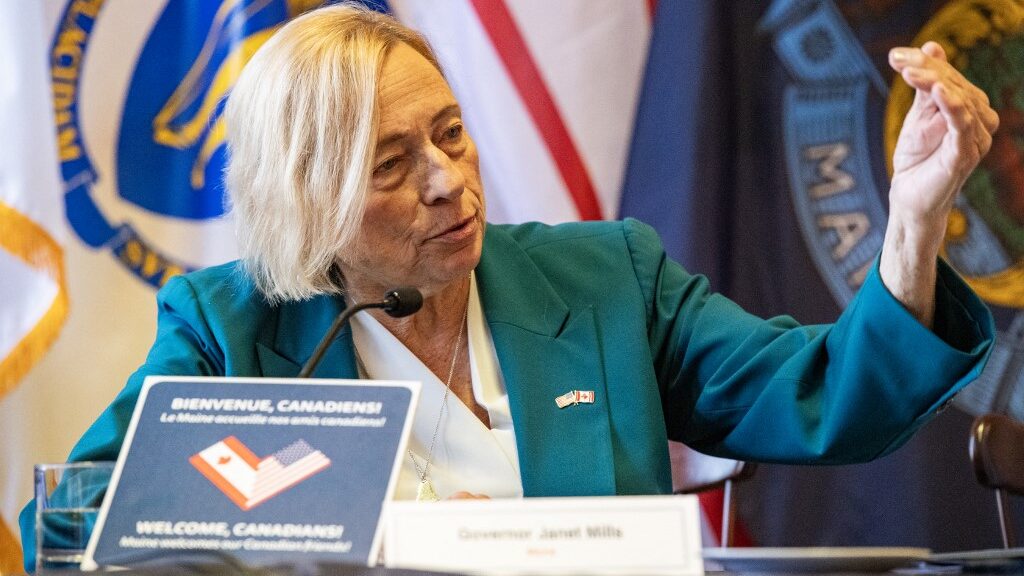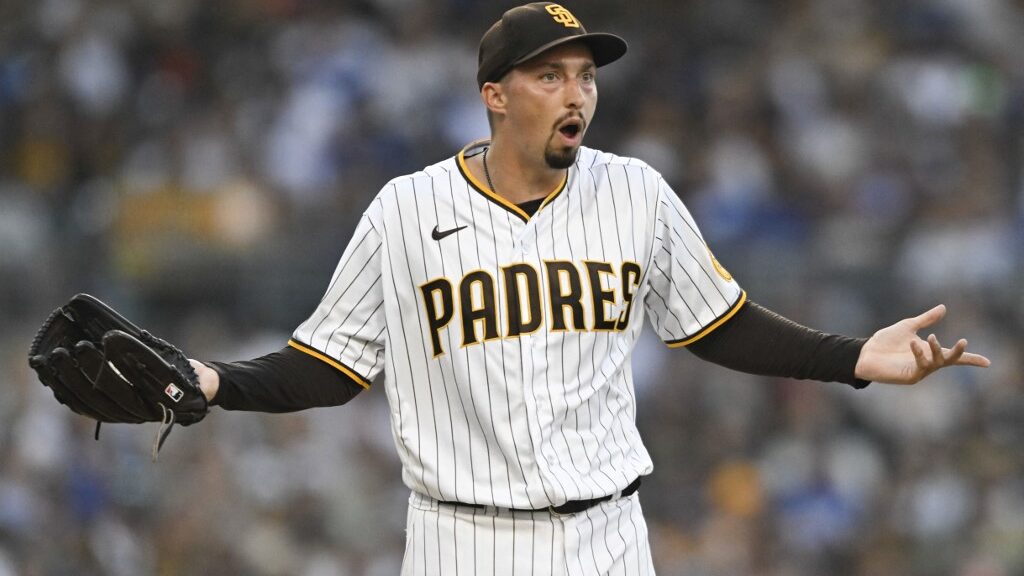
NBA legend Lebron James’ longtime manager and business partner, Maverick Carter, reportedly told federal agents he wagered on the NBA through an illegal bookie named Wayne Nix, a former minor league pitcher.
Sprawling Investigation
Wayne Nix is a former minor league ballplayer with serious connections, particularly in the world of sports. He cultivated these relationships through his expansive bookmaking operation and became familiar enough with former athletes and those in the entertainment industry that he was invited to a members-only tournament at Michael Jordan’s golf club in Florida.
One of those who reportedly bet with Nix was Maverick Carter, business associate and confidante of LeBron James, who admitted to making 20 bets running the gamut from NFL and college football to the NBA. Carter told the agents he would place the bets through a website based offshore or would text Nix directly.
Payment Methods and Clarifications
The pickups and drops were facilitated through direct meetings with one of Nix’s associates or through wire transfers. When meetings were set to pay or collect in cash Carter’s driver, Tramonte Pointer, also known as “Cheese”, was the point man for Carter.
Although some of Carter’s initial testimony was vague or contradictory to evidence the feds had obtained, he eventually clarified his answers to the satisfaction of the investigators. One of Carter’s attorneys, Colin Jennings, emailed the prosecutor with additional information provided by Carter that stated his client’s bets were in the $5000 to $10,000 range which led to “settle ups” that were likely in the neighborhood of $40,000.
Jennings ended his missive with, “We hope that this clarification and supplementation is clear and if you need any further information, please let me know.”
Official Statement
Although players, teams, and league officials cannot bet on NBA games, there is no such prohibition against managers and agents doing the same. We should also note that LeBron James does not appear to harbor any ill will towards Carter nor did he know about his betting habits, stating, “He can do what he wants to do.”
A spokesman for James and Carter, Adam Mendelsohn, said in a statement, “In 2021 and before 38 states and the District of Columbia legalized sports betting, Maverick Carter was interviewed a single time by federal law enforcement regarding their investigation into Wayne Nix. Mr. Carter was not the target of the investigation, cooperated, was never charged, and never contacted again on the matter.”
Despite this situation involving Carter, California residents who are not famous athletes should not worry about their bets with reputable offshore sportsbooks being unearthed.
Puig Trial in January
Several other alleged clients were also interviewed as part of the investigation, including Scottie Pippen, who initially stated he didn’t recall making any bets with Nix but when confronted with evidence of Nix’s text message that offered Pippen a $20,000 bet on the Super Bowl for only $2500, the former Chicago Bull eventually conceded he did recall the text, lost the bet, but Nix waived the loss.
The only sports figure of note who has been indicted in the Nix investigation is Yasiel Puig, a former MLB slugger, who has denied lying to investigators. Had it not been for the Puig investigation, we may never have known about Maverick Carter’s or Scottie Pippen’s association with this investigation.
Contrasting Legal Responses
Unlike Carter and Pippen, whom prosecutor Jeff Mitchell conceded made “arguably” or “technically” false statements during their interviews but then clarified them, Puig has stuck to his story which is why he is being charged in a trial that is scheduled for January.
Puig has stated he is being targeted because he is Black but prosecutor Mitchell countered that argument by reminding the court that “false statements” by a “prominent Black athlete” -Pippen- and a “Black manager of a prominent Black athlete” -Carter- were not charged.
“The government’s decisions not to charge the prominent Black athlete and the Black business manager … notwithstanding their false statements,” Mitchell argued, “undercuts [Puig’s] claim that the government’s actions arise from bias.”
What Is Offshore Sports Betting?
Offshore sports betting refers to the practice of placing bets on platforms situated and regulated outside of the United States. These platforms adhere to the gambling laws within their respective jurisdictions, thereby permitting the participation of American players. To distinguish themselves from U.S.-based sportsbooks, offshore betting sites tend to provide a more extensive array of sports and betting options as well as different payment options such as cryptocurrency.
Is Offshore Betting Legal?
Offshore sportsbooks, situated outside the United States are not subject to U.S. gambling laws. This allows American players to register on their platforms and avail themselves of their betting services without legal constraints.
Contrary to common misconceptions, offshore betting is not an obscure or questionable practice. These sportsbooks operate within countries where online gambling is both lawful and meticulously regulated. However, just like in any market, customers should due their due process of research.
Why Does Offshore Betting Exist?
Regulated sportsbooks surfaced in specific states following the 2018 overturning of the federal sports betting prohibition known as PASPA by the United States Supreme Court. However, they are often constrained in the range of betting markets available to their customer base.
For instance, many do not provide wagering options on in-state college teams, and if they do, they may restrict game props and player props. In-state betting sites typically disallow bets on politics, entertainment, or esports.
On top of that, a significant number of U.S. players still lack access to domestic sportsbooks. Notably, California, Texas, and Florida—three of the most populous states in the country—have not yet sanctioned the operation of locally regulated sportsbooks. As a result, bettors in these states and various other regions across the country resort to using offshore betting sites to place legal bets on their favorite major sports leagues and college sports.














